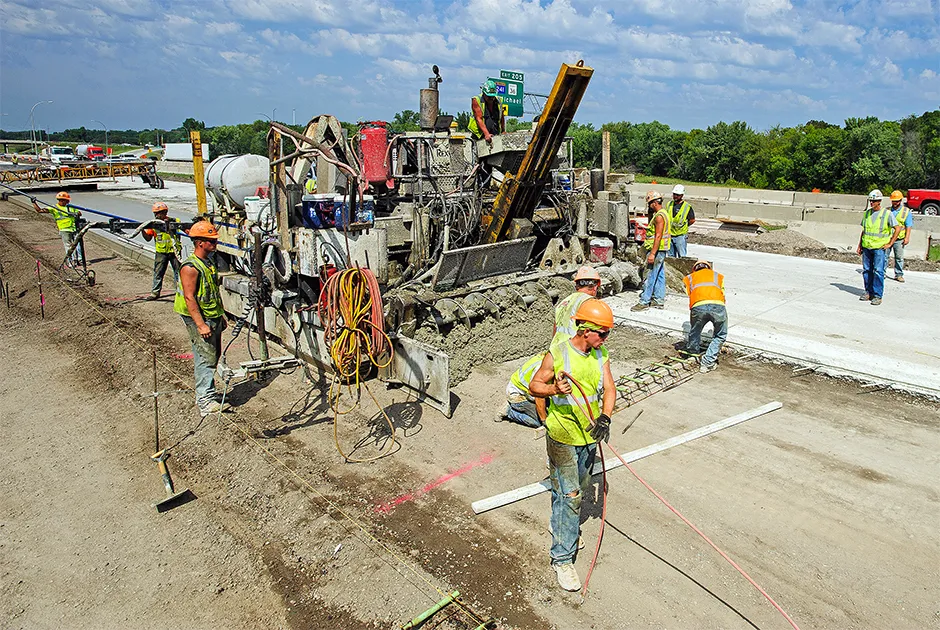
Modern infrastructure is the backbone of society, enabling the smooth functioning of cities, transportation, energy systems, and more. Behind every impressive skyscraper, sturdy bridge, and resilient road lies the science of geotechnical engineering, a field that plays a crucial role in ensuring the stability and longevity of these structures. Geotechnical engineering is the hidden force that paves the way for our ever-expanding urban landscapes.
Understanding Geotechnical Engineering
Geotechnical engineering is a specialized branch of civil engineering that focuses on the behavior of soil, rocks, and other materials that support and interact with structures. It involves studying the physical and mechanical properties of these materials to design foundations that can withstand various loads, environmental conditions, and potential hazards.
By analyzing the properties of the earth beneath our feet, geotechnical engineers can make informed decisions about construction techniques and materials to ensure the safety and sustainability of infrastructure projects.
Foundation Design and Construction
The foundation is perhaps the most critical aspect of any structure. Whether it’s a residential building, a bridge, or a dam, the stability of the foundation determines the entire structure’s stability.
Geotechnical engineers assess factors such as soil type, bearing capacity, settlement potential, and groundwater conditions to design foundations that distribute the load of the structure effectively. Through advanced techniques like soil testing, they can accurately determine the most suitable foundation type, whether it’s shallow foundations like footings or deep foundations like piles or caissons.
Site Investigation and Soil Testing
Before any construction project begins, geotechnical engineers conduct thorough site investigations and soil testing. These investigations involve collecting soil samples from various depths and locations to analyze their physical properties, composition, and behavior under different conditions.
By understanding how soil interacts with different environmental factors, engineers can make informed decisions about excavation, grading, and stabilization techniques to mitigate potential hazards such as landslides, liquefaction, or subsidence.
Mitigating Natural Hazards
Geotechnical engineering is instrumental in safeguarding infrastructure against natural hazards. By analyzing the geological and geophysical characteristics of a region, engineers can identify potential risks such as earthquakes, landslides, and floods.
They then devise strategies to mitigate these risks through engineering solutions such as building flexible foundations, installing retaining walls, or using ground improvement techniques. These measures not only enhance the resilience of infrastructure but also protect lives and property.
Innovations in Geotechnical Engineering
As technology advances, so does geotechnical engineering. Advanced numerical modeling, remote sensing, and geospatial analysis have revolutionized the way engineers understand subsurface conditions.
With the help of computer simulations, they can predict how different types of soil will respond to loading, moisture changes, and other variables. This predictive capability allows for more accurate designs and risk assessments, ultimately leading to safer and more cost-effective projects.
Conclusion
In a world where infrastructure demands continue to grow, geotechnical engineering remains a cornerstone of successful construction projects. From skyscrapers that pierce the skyline to tunnels that burrow beneath the earth, every modern marvel owes its stability to the expertise of geotechnical engineers.
By understanding the complexities of soil behavior and geology, these professionals ensure that the foundations of our society are solid and enduring. As technology advances and new challenges arise, geotechnical engineering will continue to evolve, shaping the future of infrastructure and enabling even more remarkable feats of human ingenuity.



